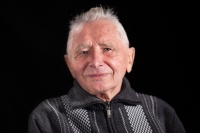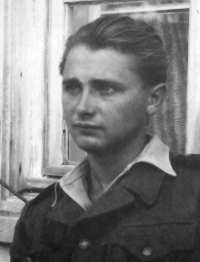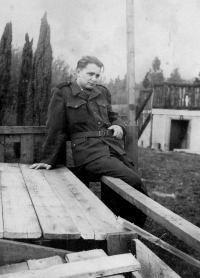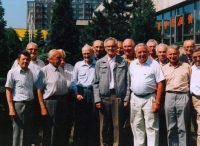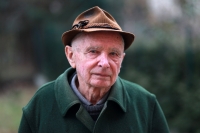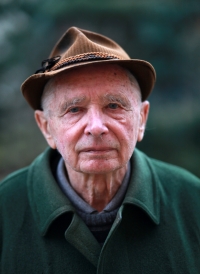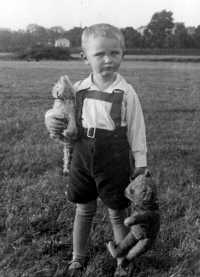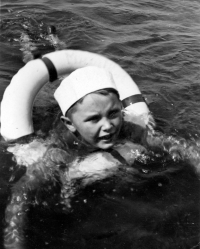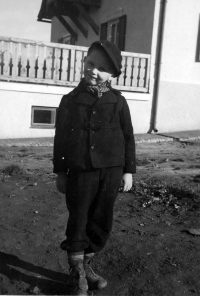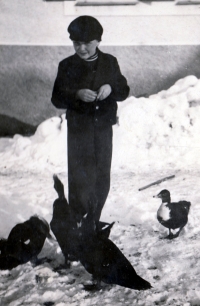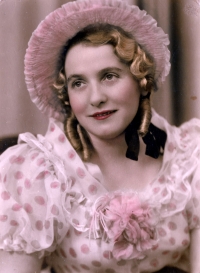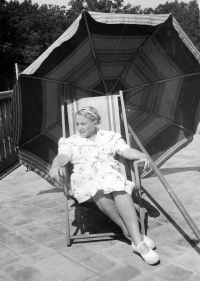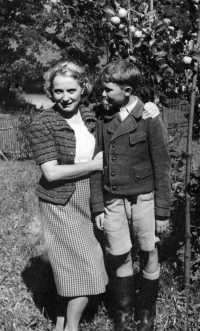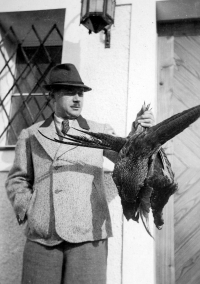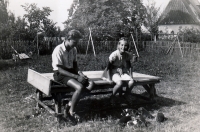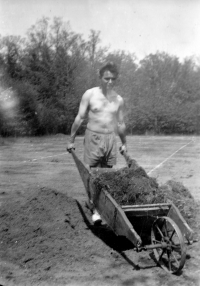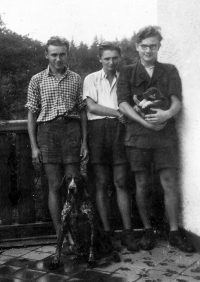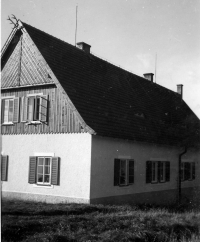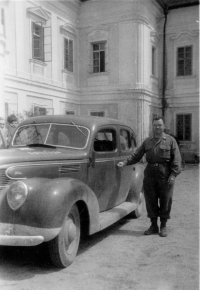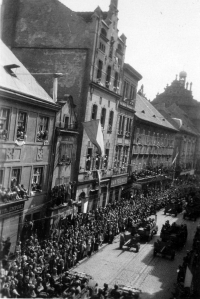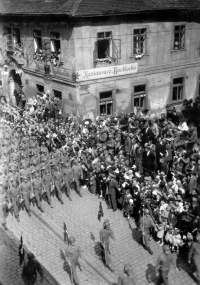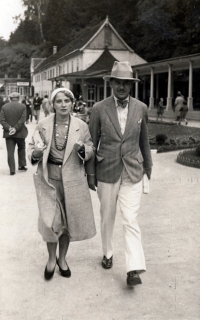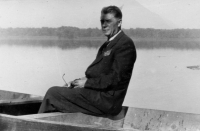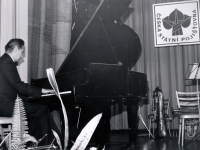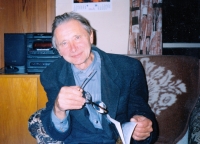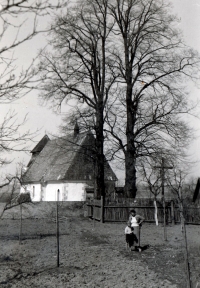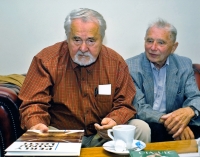Communists took forty years of my life from me
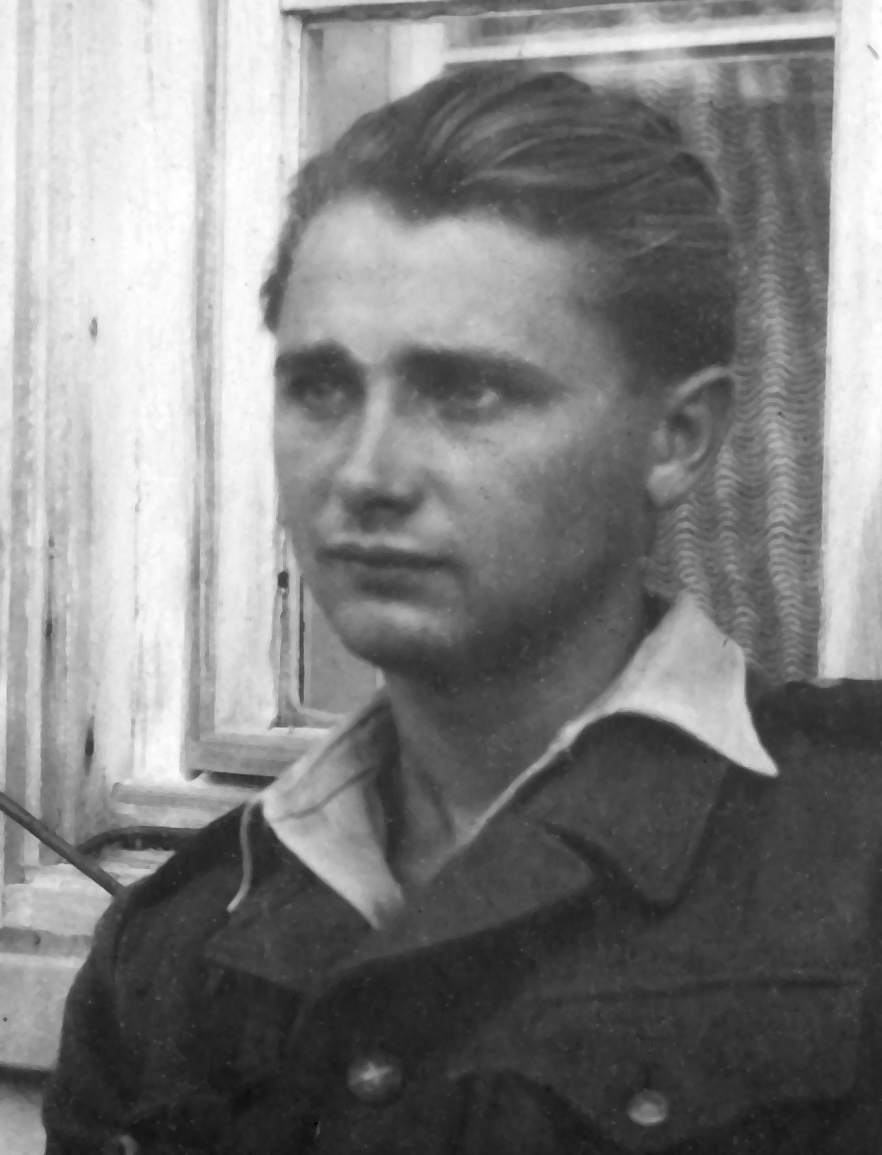
Stáhnout obrázek
Karel Pexidr was born on November 4th 1929 at Podolí maternity hospital in Prague (Praha). His father, Karel Pexidr, was a lawyer in Pilsen (Plzeň), while his mother, Josefa Moníková-Pexidrová, was a court reporter. He had been living in the city of Pilsen with his family. He accomplished elementary education at Pilsen´s teaching institute´s training school. He also studied piano and composition from František Rauch and Antonín Brejcha. He wrote his first pieces at the age of ten. He continued his education at a ‚classical gymnasium‘ type secondary school. In winter of 1944, he lived through the bombing of Pilsen in a basement shelter. The family house had been damaged by a shock-wave following the bomb explosion. Fearing further air strikes, his father had him moved to the country in March 1945. He witnessed the end of the Second World War and the liberation by the US Army in Horšice near the town of Přeštice. Right after the liberation he joined the Scout movement. In 1947, he received a hunting permit, starting his life-long love for hunting. He also carried on with his studies. On May 5th 1948, he joined student protest at the US memorial in Pilsen. He had been punished by being denied the opportunity to pass the school leaving exams at the regular term. However, he had passed the exams later with outstanding results. He had to do a six-week mandatory ‚voluntary work‘ at the ‚youth construction site‘ (stavba mládeže) in Vizovice. After that, he enrolled in law school. His studies had been interrupted in 1950, when he had to start his compulsory military service in Auxiliary Technical Battalions (Pomocné technické prapory). Being considered a class enemy, he had to enlist while in convalescence. He had been serving in Šternberk in Moravia (Štěrnberk na Moravě) for 28 months. He had graduated from university and become a barred lawyer as late as in 1955. He began to work at the National Business Transportation enterprise (Doprava státního obchodu). In 1956, he started working for an insurance company as an assessor. He got married in the autumn of 1963. Year later, a son has been born to the Pexidr family. In years 1962 to 1966, the witness had been building a house in Pilsen (Plzeň) – Lochotín. During the 1960s, he refrained from political engagement. In 1972, he passed the ‚ideological screenings‘, becoming the chairman of the Revolutionary Union Movement (Revoluční odborové hnutí) cell at the insurance company. In his spare time, he had been composing and studying philosophy. Since 1983, he had been working as a lawyer at Thermal Supply (Tepelné zásobování) and Pilsen Exhibition Management (Plzeňské výstavnictví) national enterprises. After the 1989 revolution, he begun to publish his prose and philosophical works in print. From 1993 to 1999, he gave seminars on philosophy and ethics at the University of West Bohemia (Západočeská universita) in Pilsen (Plzeň). From 1993 to the summer of 2011, he was the chairman of the agricultural coop in the village of Horšice. In 2020, he has been living in Pilsen (Plzeň) and in Vícov.
